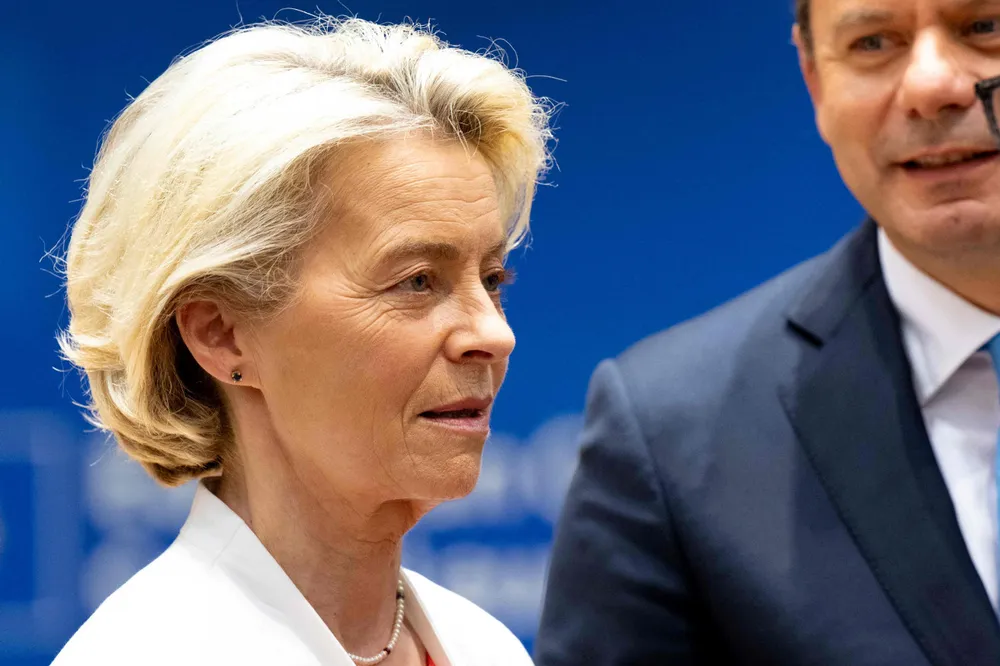EU adds Russian trio to sanctions and steps up focus on LNG
Two key drillers and pipeline building contractor face new hurdles in sourcing Western-made equipment and supplies

Two key drillers and pipeline building contractor face new hurdles in sourcing Western-made equipment and supplies
